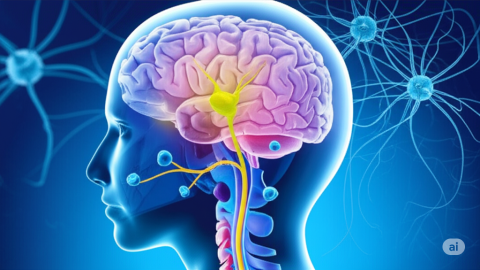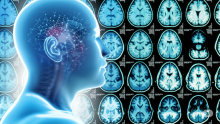Recent advances in microbiome research have illuminated the profound influence of the gut microbiota on various aspects of human health, including the central nervous system. This article reviews the current understanding of the gut-brain axis, a bidirectional communication network linking the gastrointestinal tract and the brain. We discuss the mechanisms through which gut microbes, their metabolites, and immune responses can impact neurological function and contribute to the pathogenesis of neurological disorders such as Parkinson's disease, Alzheimer's disease, multiple sclerosis, and autism spectrum disorder. Furthermore, we explore the potential therapeutic applications of targeting the gut microbiota through dietary interventions, probiotics, prebiotics, and fecal microbiota transplantation for the management and prevention of these debilitating conditions. This summary highlights the intricate interplay between the gut and the brain and underscores the exciting possibilities for novel therapeutic strategies in neurology.
Image

Last updated: May 15, 2025


